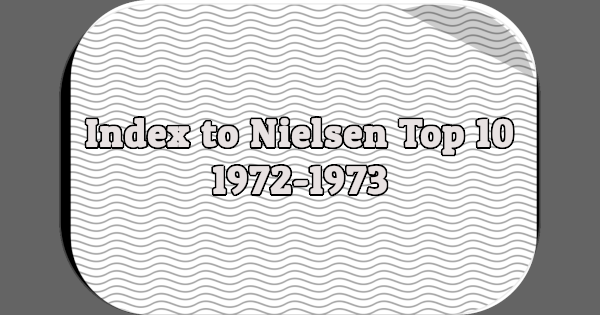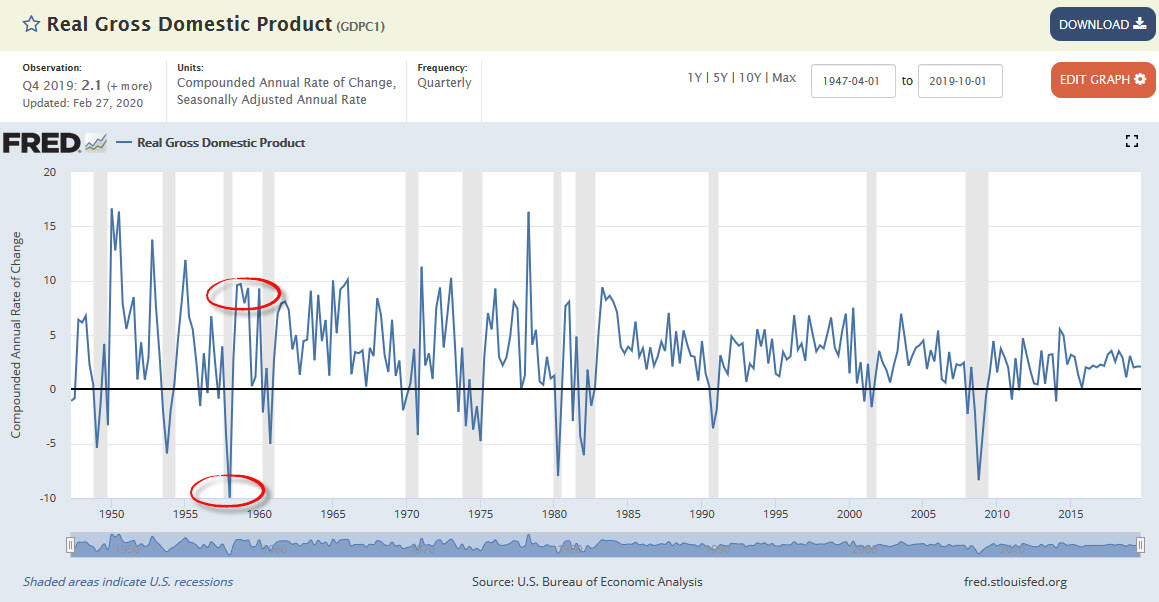GeographyDude
Gone Fishin'
The Poseidon Adventure opened in theaters on Dec. 13, 1972. But the really interesting date is:

. . . the TV premier on Sunday night, Oct. 27, 1974. And please notice the rating of 39, which means 39% of all possible households. Its “share” was in the low 60s.
Gene Hackman plays Rev. Scott who says:
“Help from where, from the Captain? He’s dead. Everyone’s dead who’s above before the ship turned over because now they’re underneath us, under the water.”
He also called the ship’s purser a “pompous ass.”
1) I have in mind Ford’s pardon of Nixon. And a decision can be bold and brave, and still be the wrong decision.
2) And also the U.S. economy, which was sliding to what was at the time the biggest downturn since the Great Depression.
Your ideas please. Thanks.
. . . the TV premier on Sunday night, Oct. 27, 1974. And please notice the rating of 39, which means 39% of all possible households. Its “share” was in the low 60s.
Gene Hackman plays Rev. Scott who says:
“Help from where, from the Captain? He’s dead. Everyone’s dead who’s above before the ship turned over because now they’re underneath us, under the water.”
He also called the ship’s purser a “pompous ass.”
1) I have in mind Ford’s pardon of Nixon. And a decision can be bold and brave, and still be the wrong decision.
2) And also the U.S. economy, which was sliding to what was at the time the biggest downturn since the Great Depression.
Your ideas please. Thanks.
Last edited:

